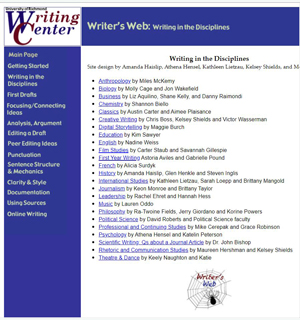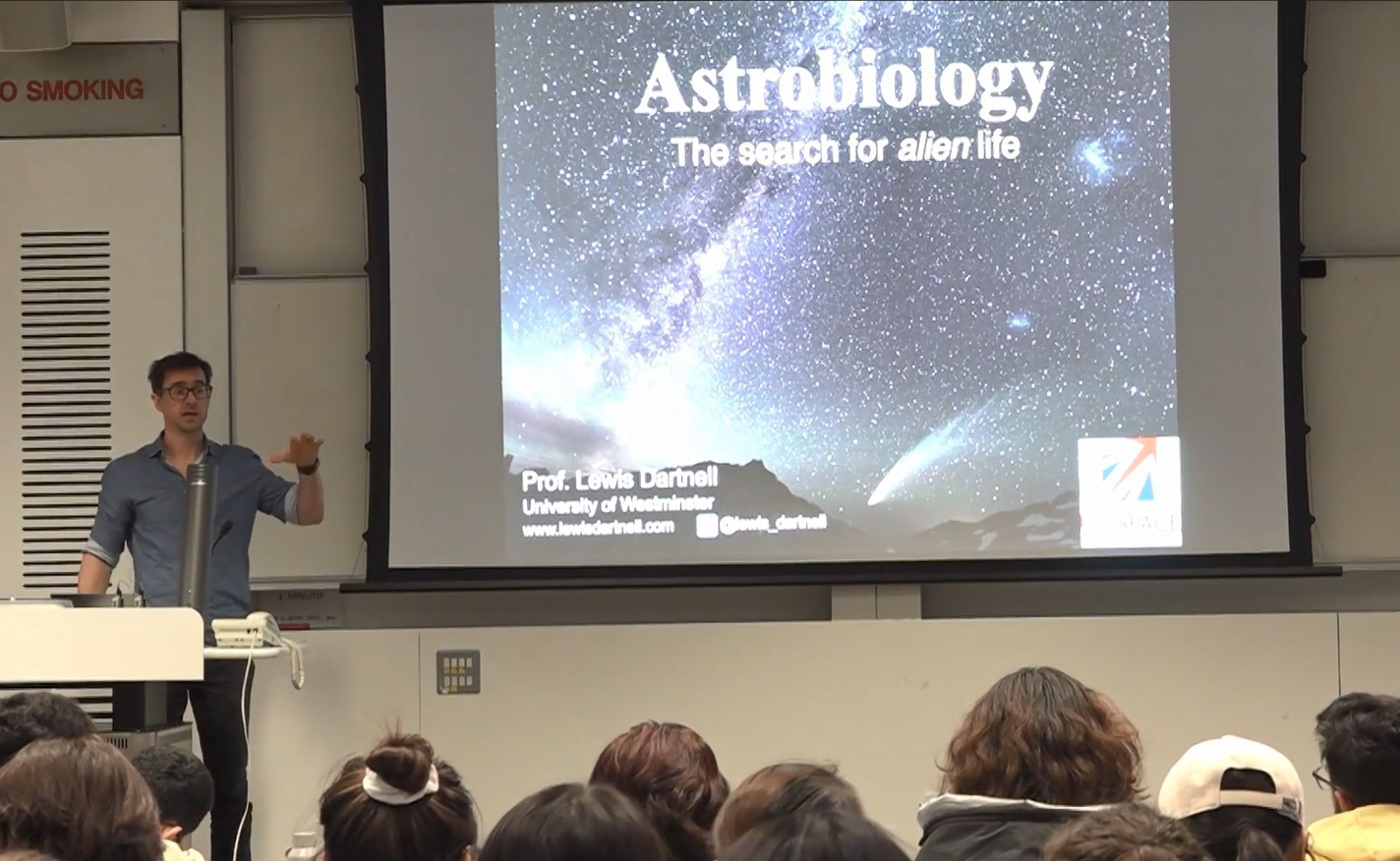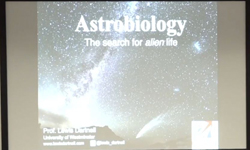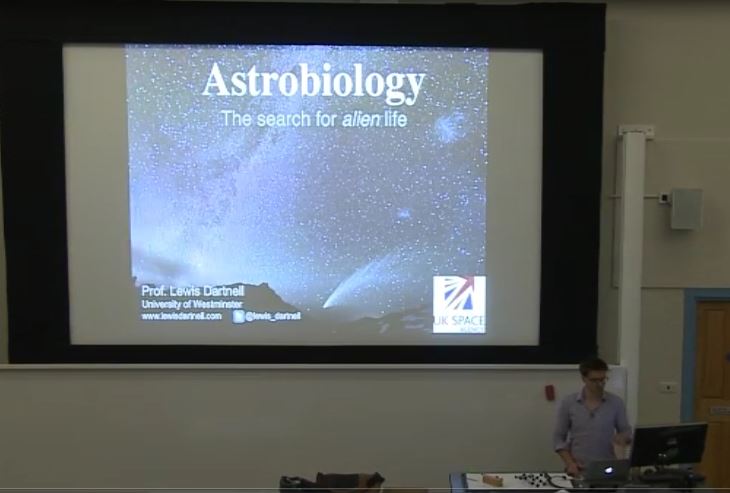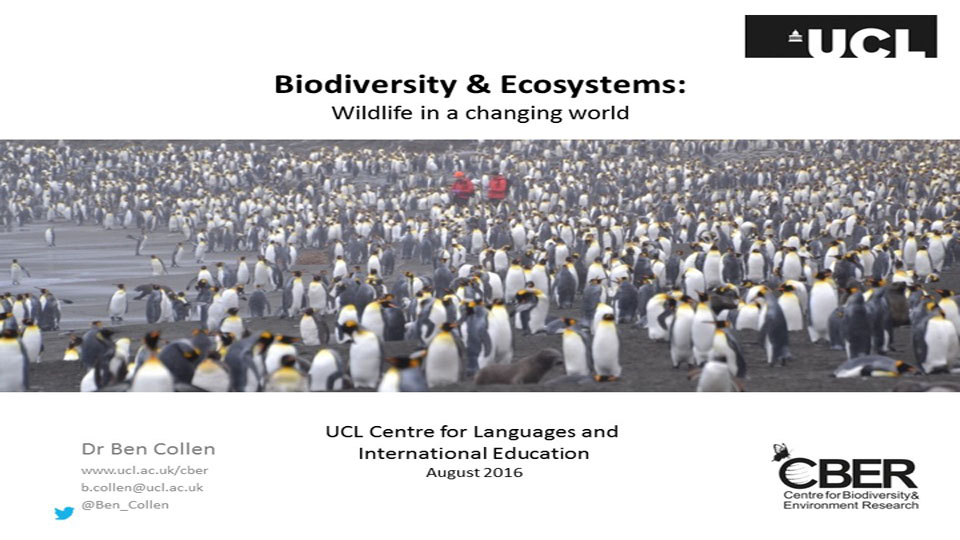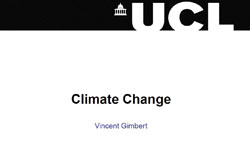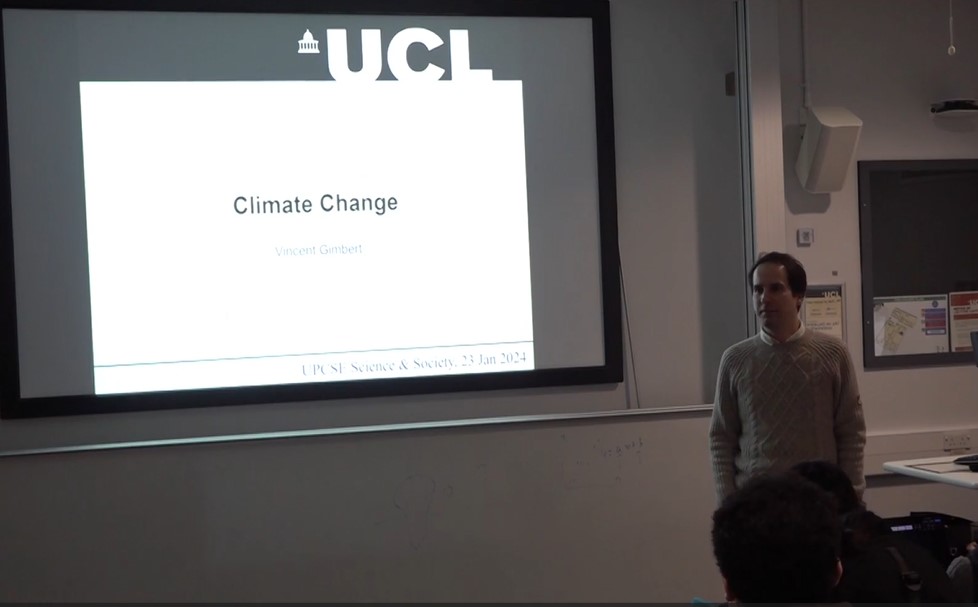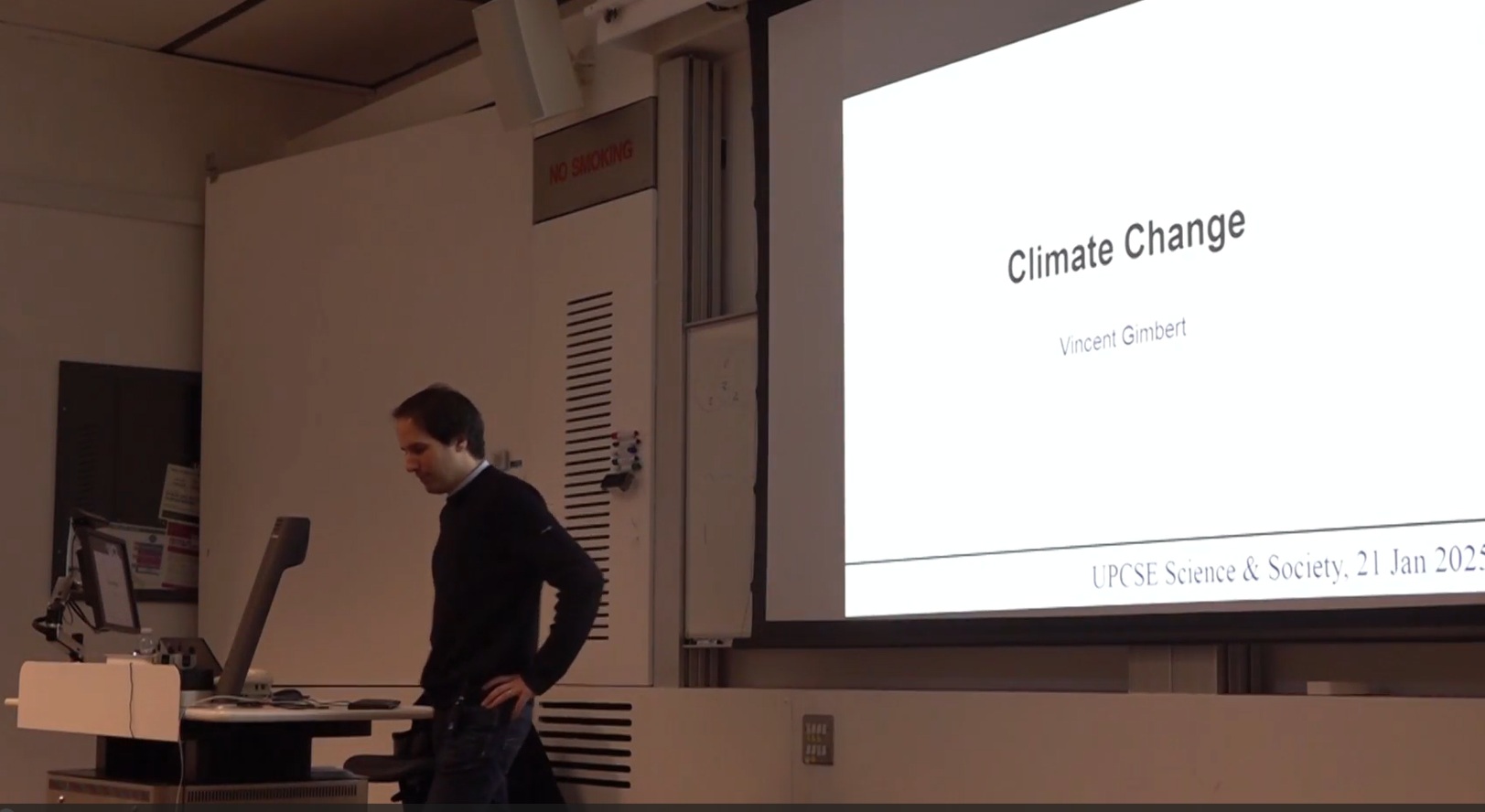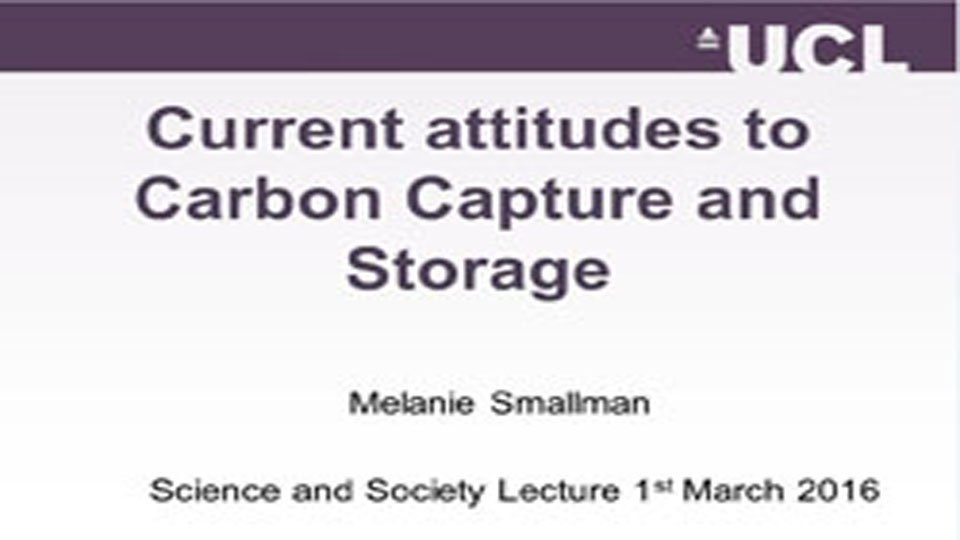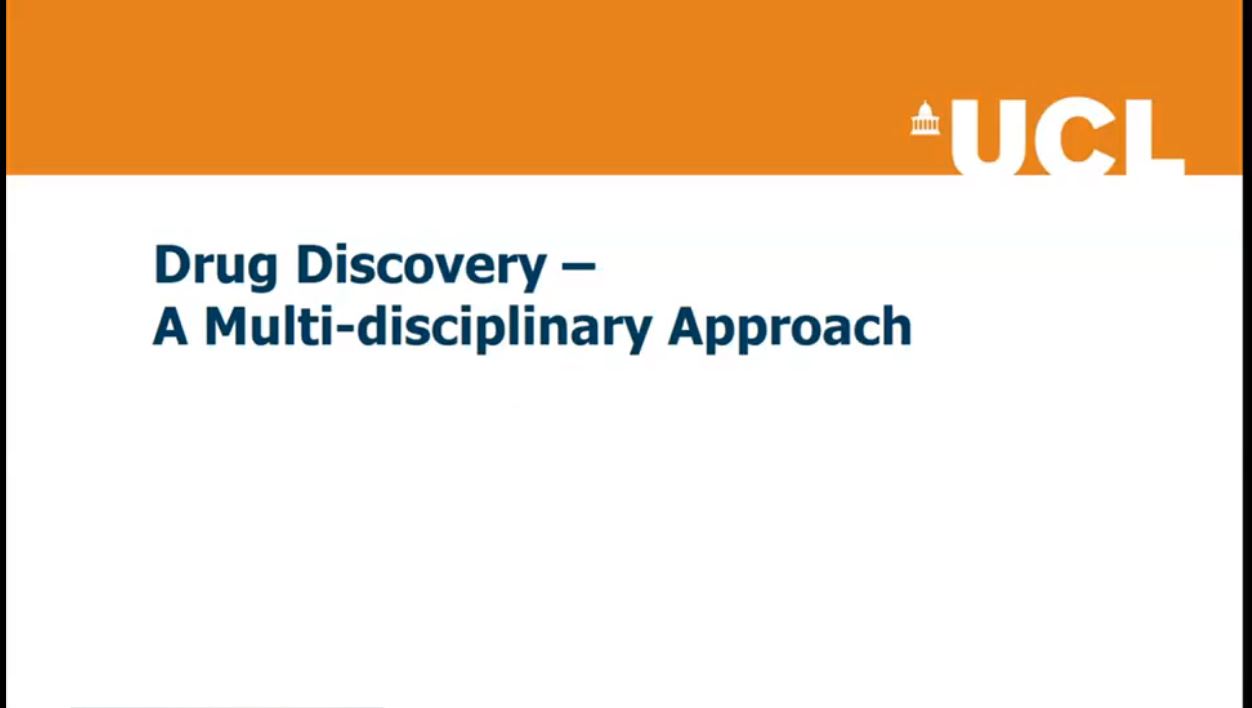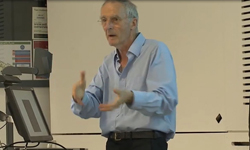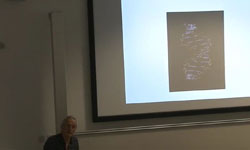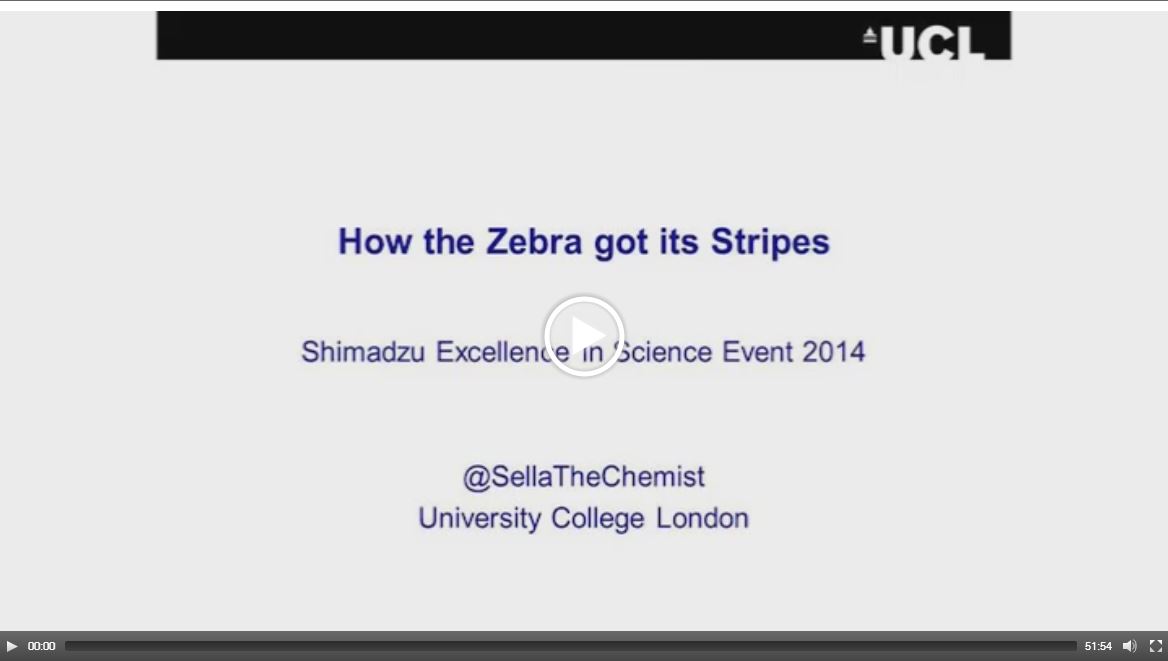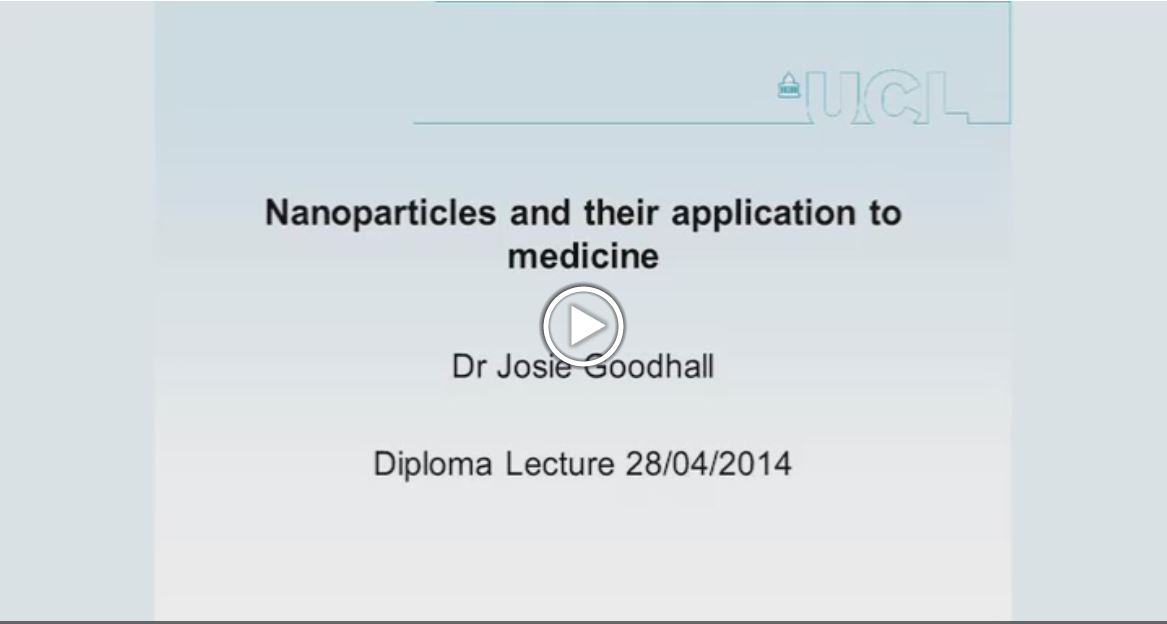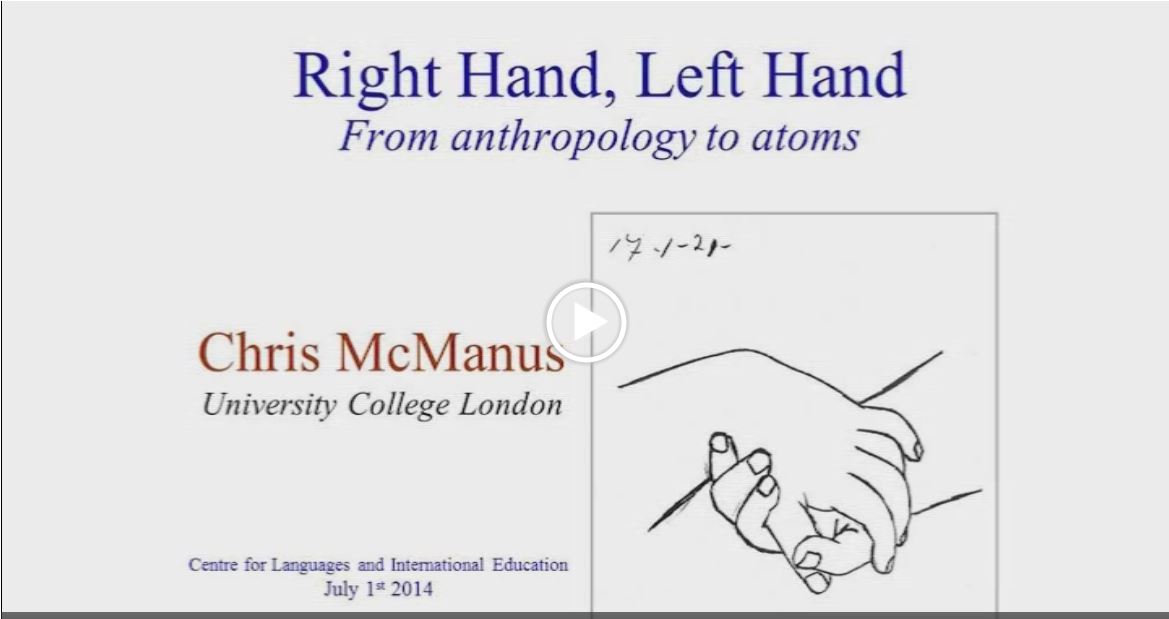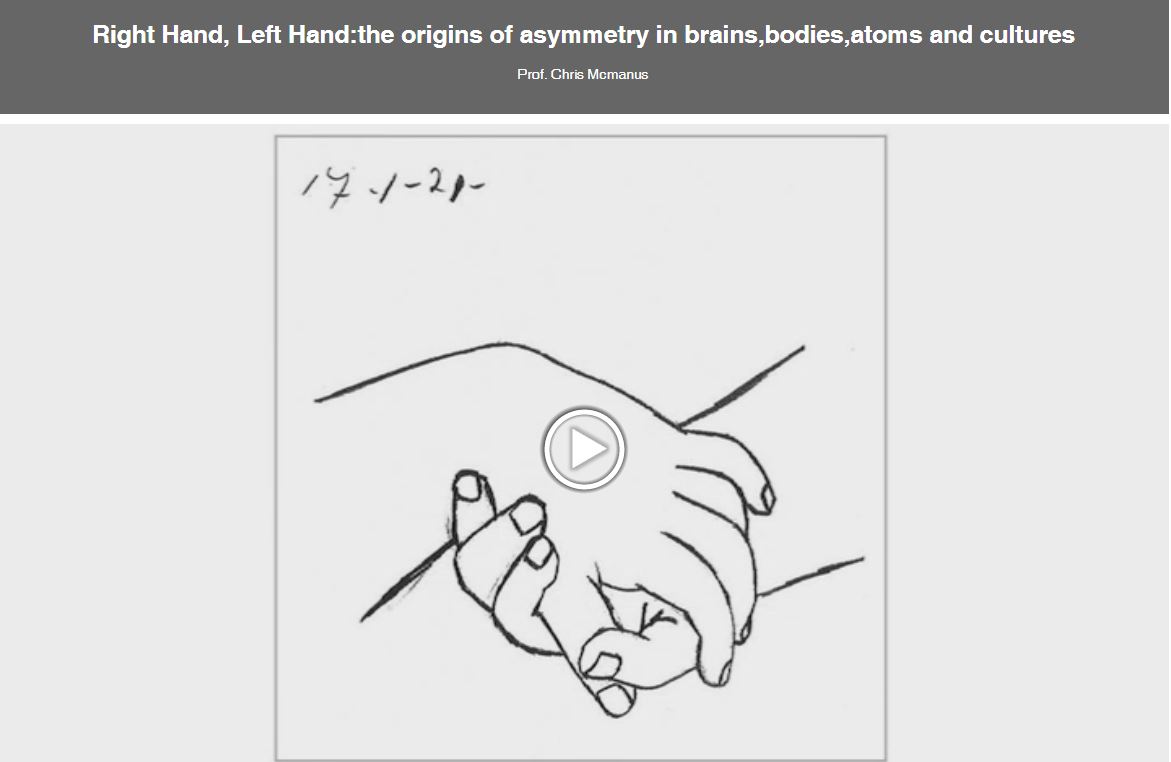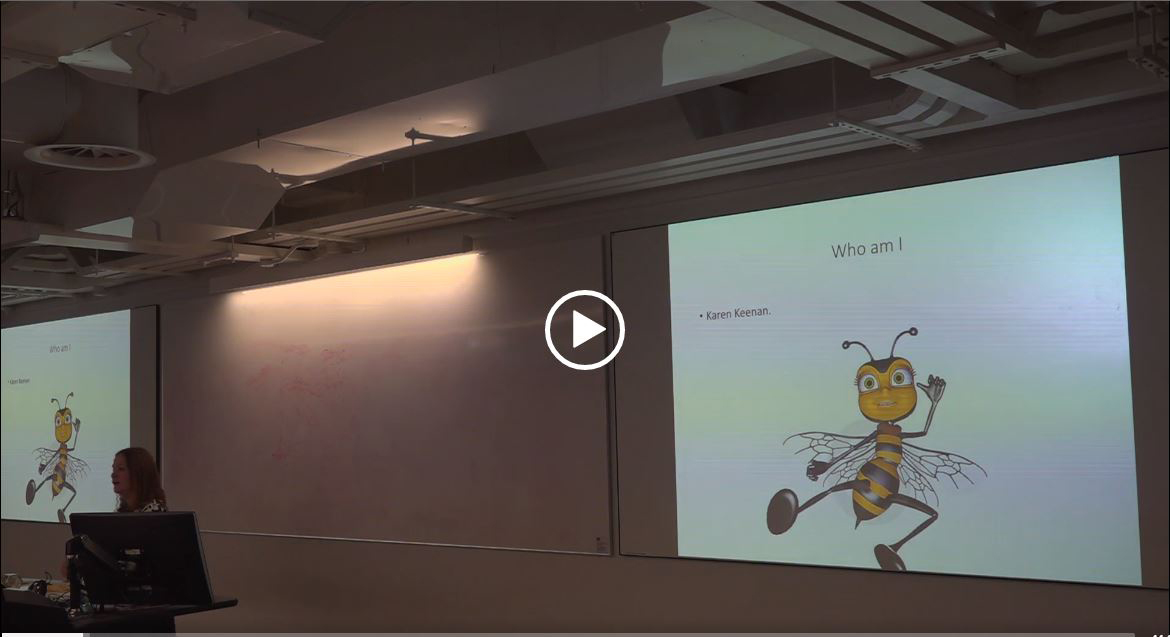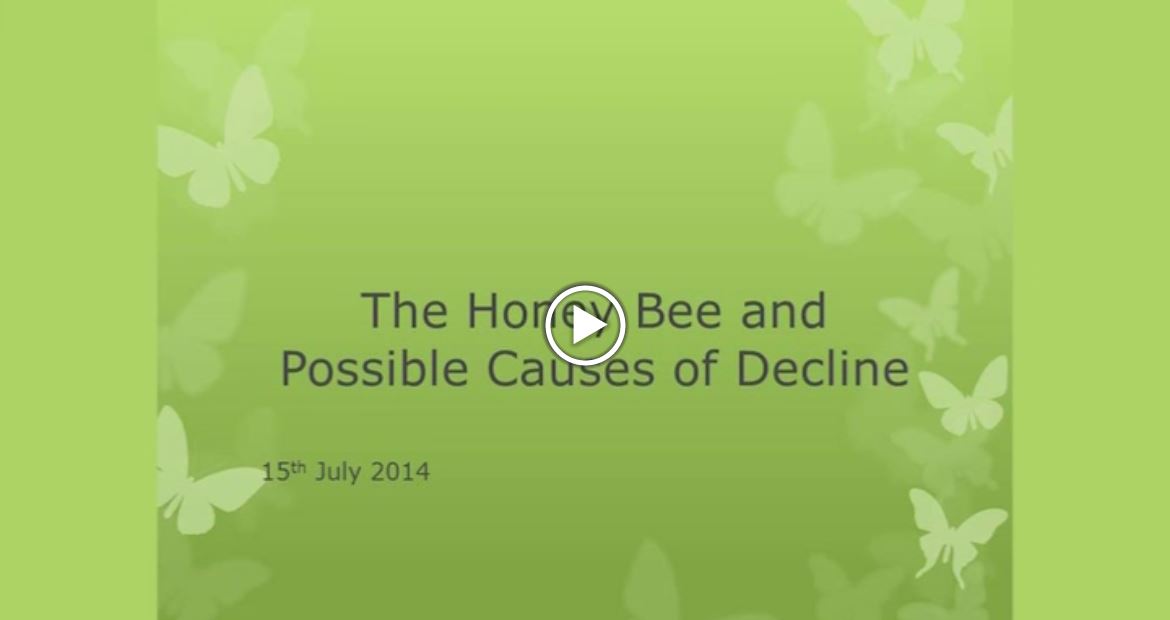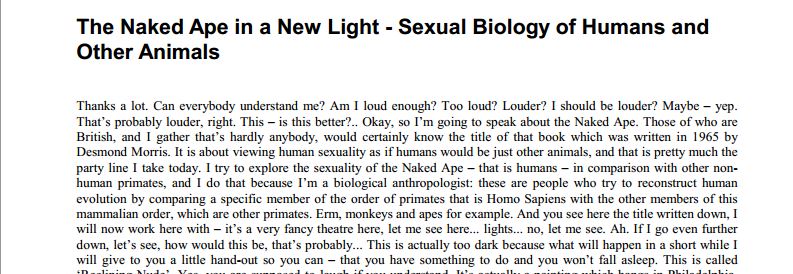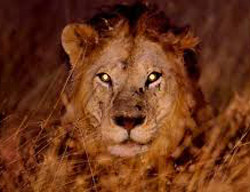Select one or more of these popular tags:
-
Thinking Writing: Work in Subjects
-
Links to guides to writing in 12 subjects (but Engineering and STEM links were broken at last check).
Links to guides to writing in 12 subjects (but Engineering and STEM links were broken at last check).
-
Writing in the Disciplines
-
Links to guides to writing in 24 different disciplines.
Links to guides to writing in 24 different disciplines.
-
Charles Darwin and the Tree of Life (Sign Zone)
-
David Attenborough
David Attenborough asks three key questions: how and why did Darwin come up with his theory of evolution? Why do we think he was right? And why is it more important now than ever before? (Shown as part of Sign Zone)
- British-Sign-Language
- Biology
- BSL subtitles
- 50
David Attenborough asks three key questions: how and why did Darwin come up with his theory of evolution? Why do we think he was right? And why is it more important now than ever before? (Shown as part of Sign Zone)
-
Astrobiology
-
Prof. Lewis Dartnell , 2024
Science and Society Lecture 08/10/2024
- Lectures
- No subtitles
- 43
Science and Society Lecture 08/10/2024
-
Astrobiology 2023
-
Professor Lewis Dartnell , 2023
Science and Society Lecture
- Lectures
- No subtitles
- 52
Science and Society Lecture
-
Biodiversity and Ecosystems: Wildlife in a Changing World
-
Dr Ben Collen , 2016
Pre-sessional lecture August 2016
- Lectures
- No subtitles
- 43
Pre-sessional lecture August 2016
-
Climate Change
-
Vincent Gimbert , 2016
Science and Society Lecture 9th February 2016
- Lectures
- No subtitles
- 49
Science and Society Lecture 9th February 2016
-
Climate Change
-
Vincent Gimbert , 2024
Sience and Society Lecture 2024
- Lectures
- No subtitles
- 46
Sience and Society Lecture 2024
-
Climate Change
-
Vincent Gimbert , 2025
Science and Society Lecture 21-01-25
- Lectures
- No subtitles
- 50
Science and Society Lecture 21-01-25
-
Clinical and Applied Bioinformatics
-
Dr Matthew W. Darlison
Diploma Lecture 17 2005-2006
- Lectures
- Biology
- General Science
- Lectures
- No subtitles
- 60
Diploma Lecture 17 2005-2006
-
Current Attitudes to Carbon Capture and Storage
-
Melanie Smallman , 2016
Science and Society Lecture 1st March 2016
- Lectures
- No subtitles
- 36
Science and Society Lecture 1st March 2016
-
Drug Discovery - A Multi-disciplinary Approach
-
Deborah Gater , 2020
Pre-sessional lecture 2020
- Lectures
- No subtitles
- 52
Pre-sessional lecture 2020
-
Genetic Engineering (with worksheet)
-
Dr John Carey
Sound goes off (converted different version with sound 12/08/10) TO BE REMOVED ?
- Lectures
- Biology
- Engineering
- Lectures
- No subtitles
- 60
Sound goes off (converted different version with sound 12/08/10) TO BE REMOVED ?
-
Genetics 2018
-
Professor Steve Jones , 2018
Pre-Sessional Lecture 15.05.2018
- Lectures
- No subtitles
- 57
Pre-Sessional Lecture 15.05.2018
-
How the Zebra Got its Stripes
-
Prof. Andrea Sella , 2014
Pre-sessional Lecture 8th July 2014
Pre-sessional Lecture 8th July 2014
-
Nanoparticles and their Application to Medicine
-
Dr Josie Goodhall , 2014
Diploma Lecture 28.04.2014
- Lectures
- No subtitles
- 60
Diploma Lecture 28.04.2014
-
Nature, Nurture, or Neither?
-
Prof. Steve Jones
Diploma 2010/11
- Lectures
- Biology
- General Science
- Lectures
- No subtitles
- 50
Diploma 2010/11
-
Right Hand, Left Hand: The Origins of Asymmetry in Brains, Bodies, Atoms and Cultures
-
Prof. Chris Mcmanus , 2014
Pre-sessional Lecture 2014
- Lectures
- No subtitles
- 56
Pre-sessional Lecture 2014
-
Right Hand, Left Hand: The Origins of Asymmetry in Brains, Bodies, Atoms and Cultures
-
Prof. Chris Mcmanus , 2014
Diploma Lecture 1st December 2014
- Lectures
- No subtitles
- 54
Diploma Lecture 1st December 2014
-
The Honey Bee
-
Karen Keenan , 2019
Science and Society Lecture 15th October 2019
- Lectures
- No subtitles
- 43
Science and Society Lecture 15th October 2019
-
The Honey Bee and Possible Causes of Decline
-
Dr Karen Keenan , 2014
Diploma 2014
- Lectures
- No subtitles
- 47
Diploma 2014
-
The Naked Ape in a New Light - Sexual Biology of Humans and Other Animals (with transcript)
-
Volker Sommer
TO BE REMOVED ?
- Lectures
- Humanities
- Lectures
- No subtitles
- 80
TO BE REMOVED ?
-
An Earth Made for Life - Programme 3: Sex, Death and War
-
Gabrielle Walker
In the second series of An Earth Made for Life Gabrielle Walker continues her quest to understand why complex life is found on our planet, but not on any of our celestial neighbours. From the outback of Australia to the walls of the Grand Canyon Gabrielle unearths evidence of the dramatic changes that took place on our planet billions of years ago which may have triggered the rise of animals.
In the second series of An Earth Made for Life Gabrielle Walker continues her quest to understand why complex life is found on our planet, but not on any of our celestial neighbours. From the outback of Australia to the walls of the Grand Canyon Gabrielle unearths evidence of the dramatic changes that took place on our planet billions of years ago which may have triggered the rise of animals.
-
Aping Evolution - 1
-
Professor Steve Jones
Professor of Genetics Steve Jones challenges evolutionary psychology, the controversial new science of how our brains and minds developed.
Professor of Genetics Steve Jones challenges evolutionary psychology, the controversial new science of how our brains and minds developed.
-
Aping Evolution - 2
-
Professor Steve Jones
Professor of Genetics Steve Jones challenges the controversial science of evolutionary psychology. Evolutionary psychologists say human behaviour, such as who we marry, when we have children and even the quality of our sex lives, can be explained by having a Stone Age brain in a 21st century body. Professor Jones examines the scientific evidence for such claims and asks if we should be worried if contentious theories escape the world of science and enter the arena of social policy.
Professor of Genetics Steve Jones challenges the controversial science of evolutionary psychology. Evolutionary psychologists say human behaviour, such as who we marry, when we have children and even the quality of our sex lives, can be explained by having a Stone Age brain in a 21st century body. Professor Jones examines the scientific evidence for such claims and asks if we should be worried if contentious theories escape the world of science and enter the arena of social policy.
-
Biomimicry: Inspired by Nature
-
Prof Trevor Cox
Scientist and broadcaster Prof Trevor Cox explores a new wave of biomimicry - copying nature - which aims to recreate the processes and systems, from self-cleaning lotus leaves to the Namibian fog-basking beetle, which can harvest moisture from the dry desert air. Trevor meets the people attempting to emulate nature's genius. Their goal is not just to copy nature's structures, but to recreate the processes and systems that evolution has taken billions of years to perfect.
Scientist and broadcaster Prof Trevor Cox explores a new wave of biomimicry - copying nature - which aims to recreate the processes and systems, from self-cleaning lotus leaves to the Namibian fog-basking beetle, which can harvest moisture from the dry desert air. Trevor meets the people attempting to emulate nature's genius. Their goal is not just to copy nature's structures, but to recreate the processes and systems that evolution has taken billions of years to perfect.


